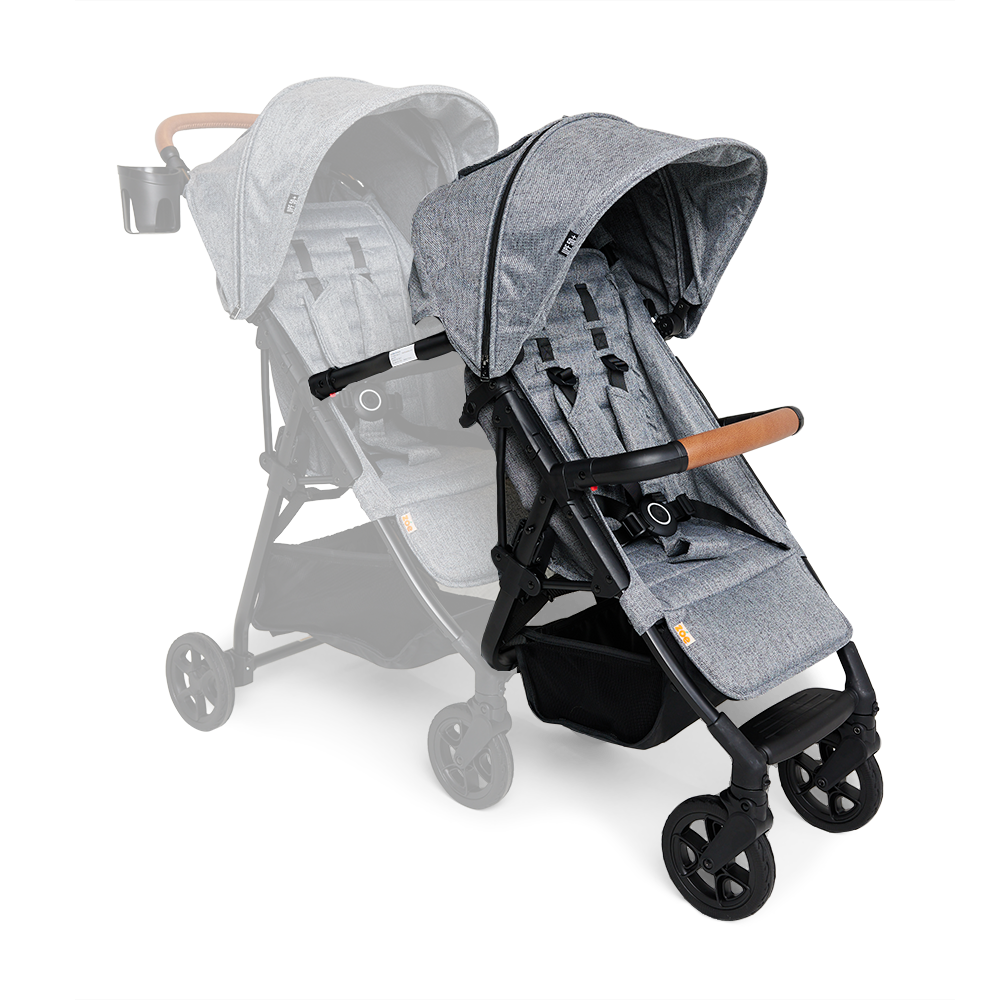Expert tips from Molly Leighton, Certified Pediatric Sleep Consultant and Owner of Sleep Shore Sleep Consulting. Find her on Instagram.

Hi! I'm the owner of Sleep Shore Sleep Consulting, wife, mom, beach fanatic, lover of iced coffee (only iced!) and SLEEP!
I’m a Certified Pediatric Sleep Consultant helping families get better quality sleep. I have 2 kids of my own, and I understand how challenging sleep deprivation is.
I created Sleep Shore to help newborns, infants, and toddlers sleep better. Let’s crack the code to your child’s sleep habits together so you can finally feel well-rested again.
Tips for Naps on The Go
Oftentimes, people are hesitant to commit to sleep training in fear of being confined to a rigid schedule that doesn't allow them to get OUT!
But in reality, a well rested baby who is on a predictable sleep schedule will be a lot easier to take out and about than a baby who is not getting age-appropriate sleep. The most important thing you can do to prepare for fun & busy weekends is commit to restful sleep during the week so your child is not overtired. If possible, plan your day so that at least 1 nap is in the crib (for babies with 2+ naps).
Quick Tips for Flexible Naps
- Pack a portable sound machine to help signal that it's time for sleep
- Have your baby sleep on the go wherever they are most comfortable - stroller, car, carrier, held etc. Babies tend to sleep best in a stroller, consider getting a stroller with a large canopy and ability to recline!
What If Scenarios
How to Reset When You’re Home
- Wake at their normal wake-time regardless of a later bedtime to make certain naps stay on schedule the next day
- Help extend/rescue 1 nap the next day (if needed) to ensure adequate daytime sleep
- Prioritize early bedtime to prevent overtiredness
















